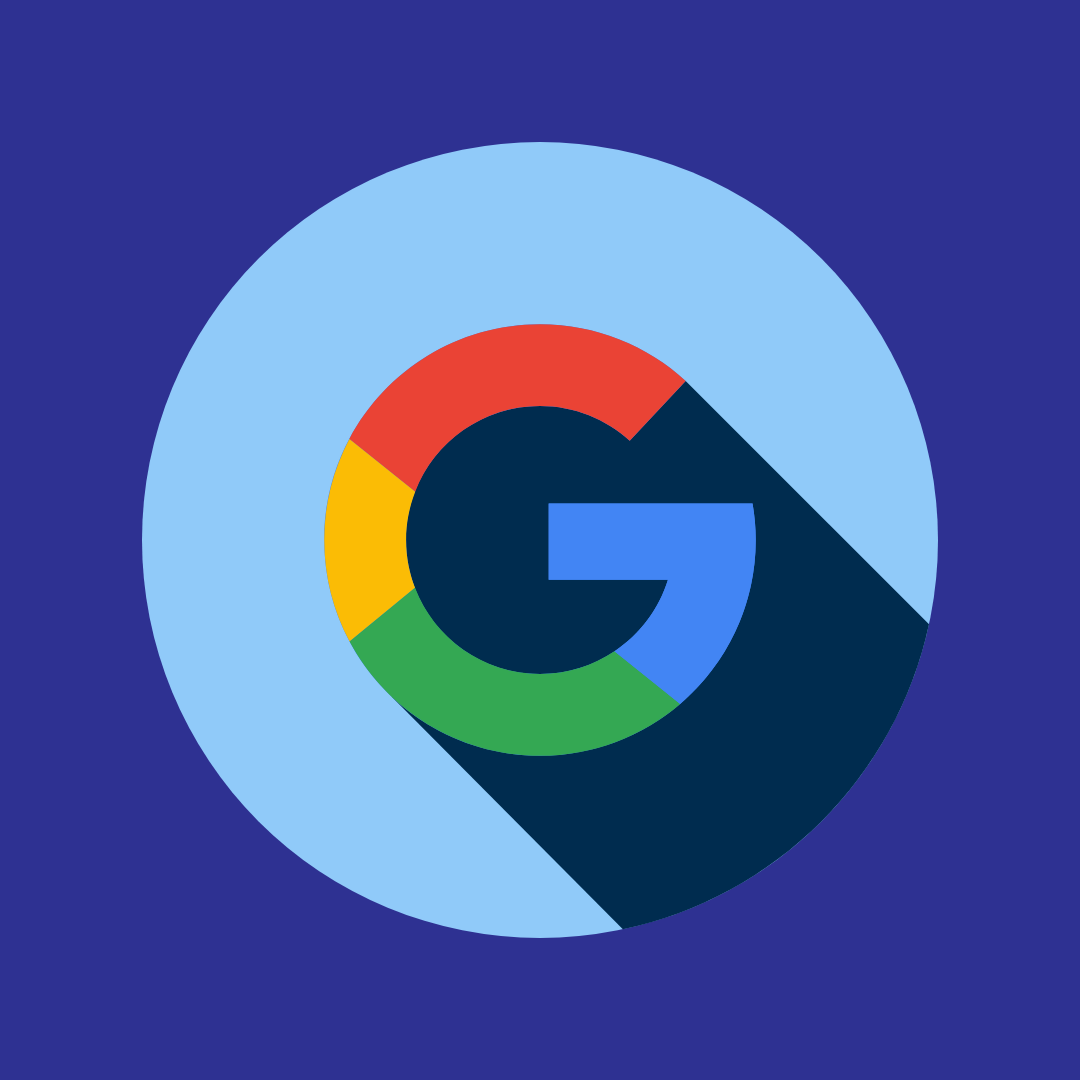
The internet has recently developed into a priceless tool for finding healthcare information. Google, the most widely used search engine in the world, has made major efforts to improve individuals' access to trustworthy healthcare information in the United States in response to this trend. Google strives to equip people with the knowledge required to make knowledgeable healthcare decisions by working with reputable medical professionals and organizations, incorporating user-friendly features, and placing a priority on factual information.
Spotlight
- In an effort to make the process easier for American searches, Google is making information about Medicaid re-enrollment more readily available.
- The organization confirms the acceptability of particular Medicaid plans and the accuracy of healthcare provider information using conversational AI technology called Duplex.
- In order to address the problems with global mental health, Google has teamed with ThroughLine in New Zealand, making crisis hotlines more visible in search results.
Let's explore the various ways Google has expanded access to healthcare information, ensuring that users can find trustworthy resources conveniently and efficiently.
Supporting Individuals Who Are Underinsured & Uninsured
Google is meeting the needs of people without insurance and those with inadequate insurance in addition to offering information to those who have coverage. Google will soon show providers who identify as community health centers that provide free or inexpensive services.
Partnerships with Medical Professionals and Organizations
Google recognizes the importance of partnering with reputable medical professionals and organizations to deliver accurate healthcare information. To achieve this, the search engine giant has collaborated with renowned medical institutions and experts, including the Mayo Clinic, Harvard Medical School, and the World Health Organization (WHO). These partnerships enable Google to curate authoritative content, ensuring users receive reliable information when searching for health-related topics.
Through collaborations, Google can provide users with direct access to credible sources. For instance, users can receive expert advice through video interviews with medical professionals or access information from trusted healthcare websites. This integration of expert knowledge strengthens Google's commitment to promoting accurate healthcare information.
Information Quality Improvement Using Conversational AI
Google uses cutting-edge techniques to deliver the most accurate and up-to-date information on healthcare providers. The company's conversational AI tool, Duplex, has spoken with hundreds of thousands of healthcare professionals in the US to authenticate the authenticity of their listings on Google Search. Google uses Duplex to determine which Medicaid plans are recognized by service providers in a specific state.
Taking on Challenges in Global Mental Health
In order to address international challenges, including mental health, Google has announced a new partnership with Through Line in New Zealand. ThroughLine is the world's largest verified network of crisis and mental health hotlines, according to Google. As a result of our collaboration, questions about personal problems will more frequently come up at the top of the list in search results.
User-Friendly Features for Health-Related Searches
Google has introduced various user-friendly features tailored to enhance health-related searches. These features aim to assist users in finding relevant and trustworthy information quickly.
Knowledge Panels: Google's Knowledge Panels provide users with a snapshot of essential information on specific medical conditions, symptoms, treatments, and more. These panels are curated from reputable sources and offer concise answers to common health queries.
Symptom Checker: Google's Symptom Checker feature allows users to input their symptoms and receive a list of potential conditions along with information on when to seek medical attention. It serves as a helpful tool for initial self-assessment while encouraging users to consult healthcare professionals for accurate diagnosis.
Medication Information: Google's search results now include comprehensive details about medications, such as common uses, side effects, and dosage instructions. This feature helps users quickly access vital information about prescription drugs and over-the-counter medications.
Local Healthcare Resources: Google's search results also provide local healthcare resources, including nearby hospitals, clinics, and pharmacies. This feature simplifies the process of finding medical facilities and services in users' vicinity, promoting better access to healthcare.
Combating Misinformation and Promoting Fact-Checking
As part of its commitment to providing reliable healthcare information, Google has implemented measures to combat misinformation and promote fact-checking.
Fact-Checking Labels: Google has introduced fact-checking labels to highlight reliable sources and debunk misinformation. These labels help users differentiate between verified information and potential falsehoods.
Removing False Information: Google actively removes false or misleading medical advice that could be harmful to users. Through collaboration with medical experts and trusted organizations, they aim to ensure that only credible information is available.
Algorithmic Updates: Google continually refines its search algorithms to prioritize authoritative healthcare sources while downranking misleading or unverified websites. This approach enhances the overall quality of healthcare information available to users.
Let's Wrap It Up
Google's efforts to increase US searchers' access to healthcare information have changed how people look for medical information. Google has developed into a valuable source of accurate healthcare information by working with reputable medical professionals and organizations, creating user-friendly features, Improving Information Quality With Conversational AI, and battling disinformation. As technology develops further, Google's dedication to offering reliable and easily accessible health information will be essential in enabling people to make wise decisions regarding their well-being. These developments have made it easier for users to traverse the huge healthcare information landscape, which will ultimately result in better health outcomes.
